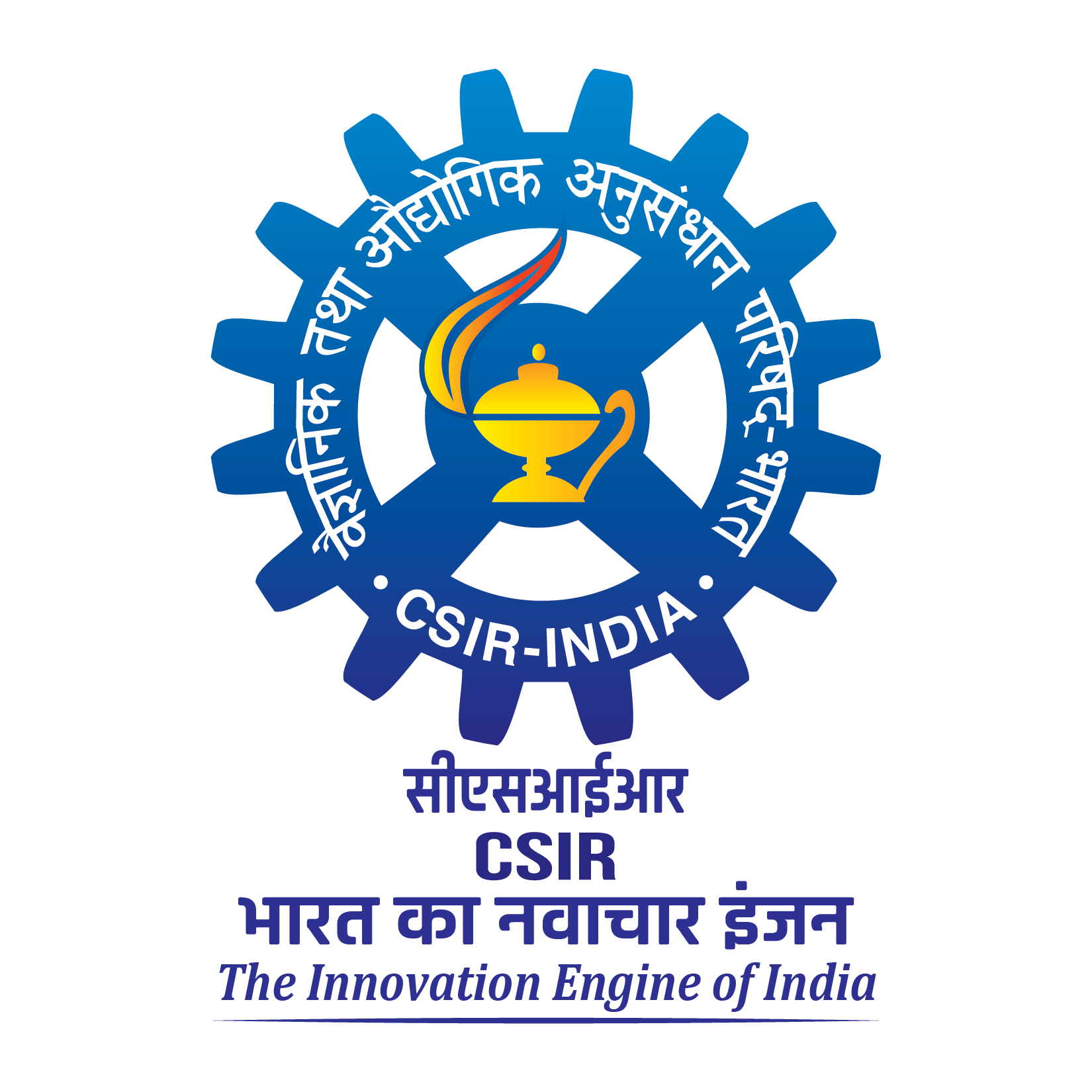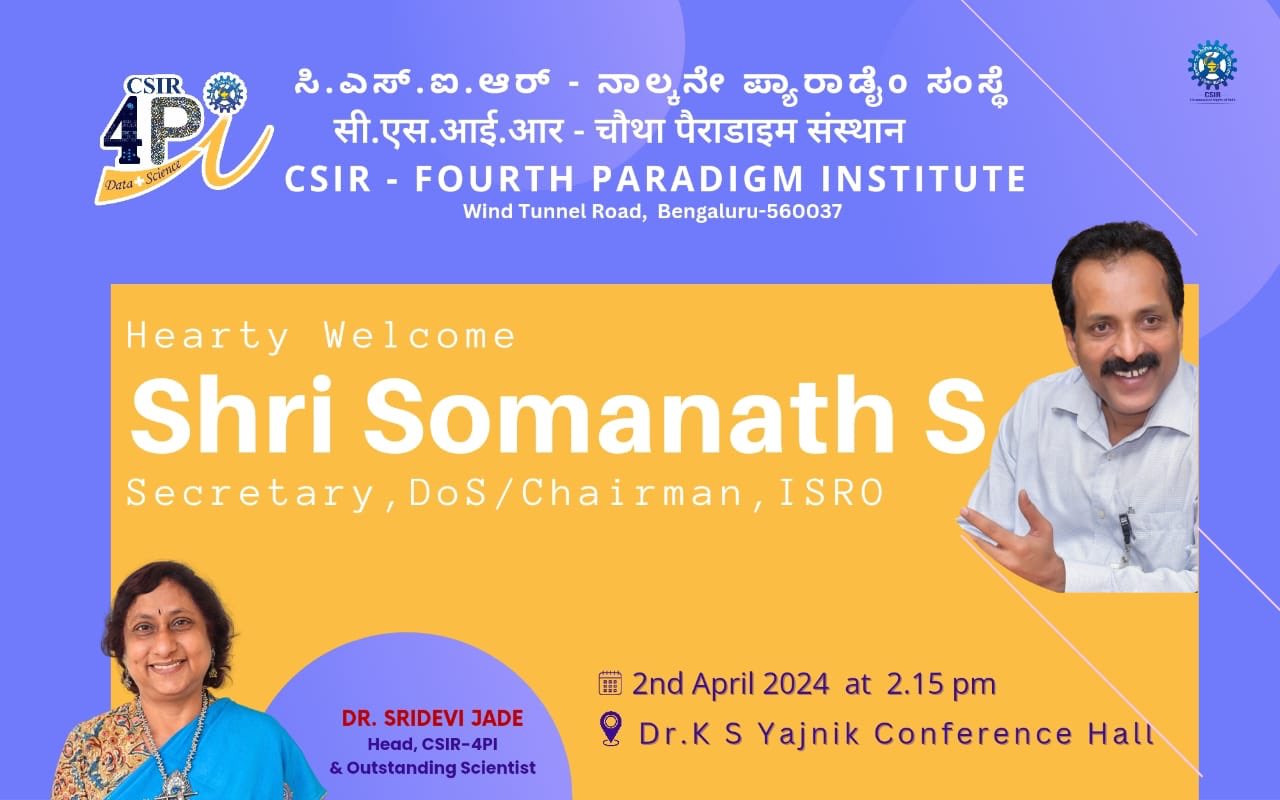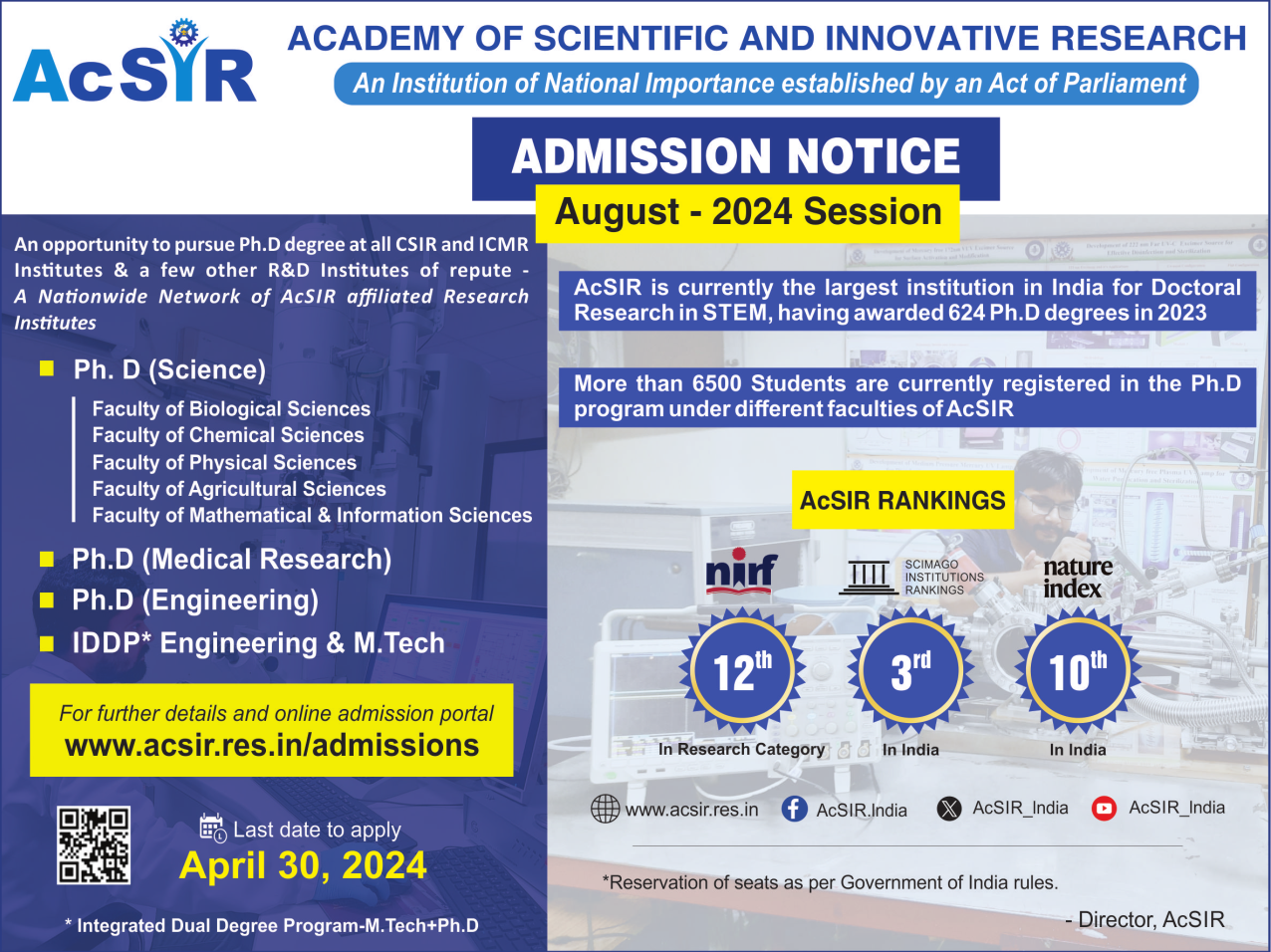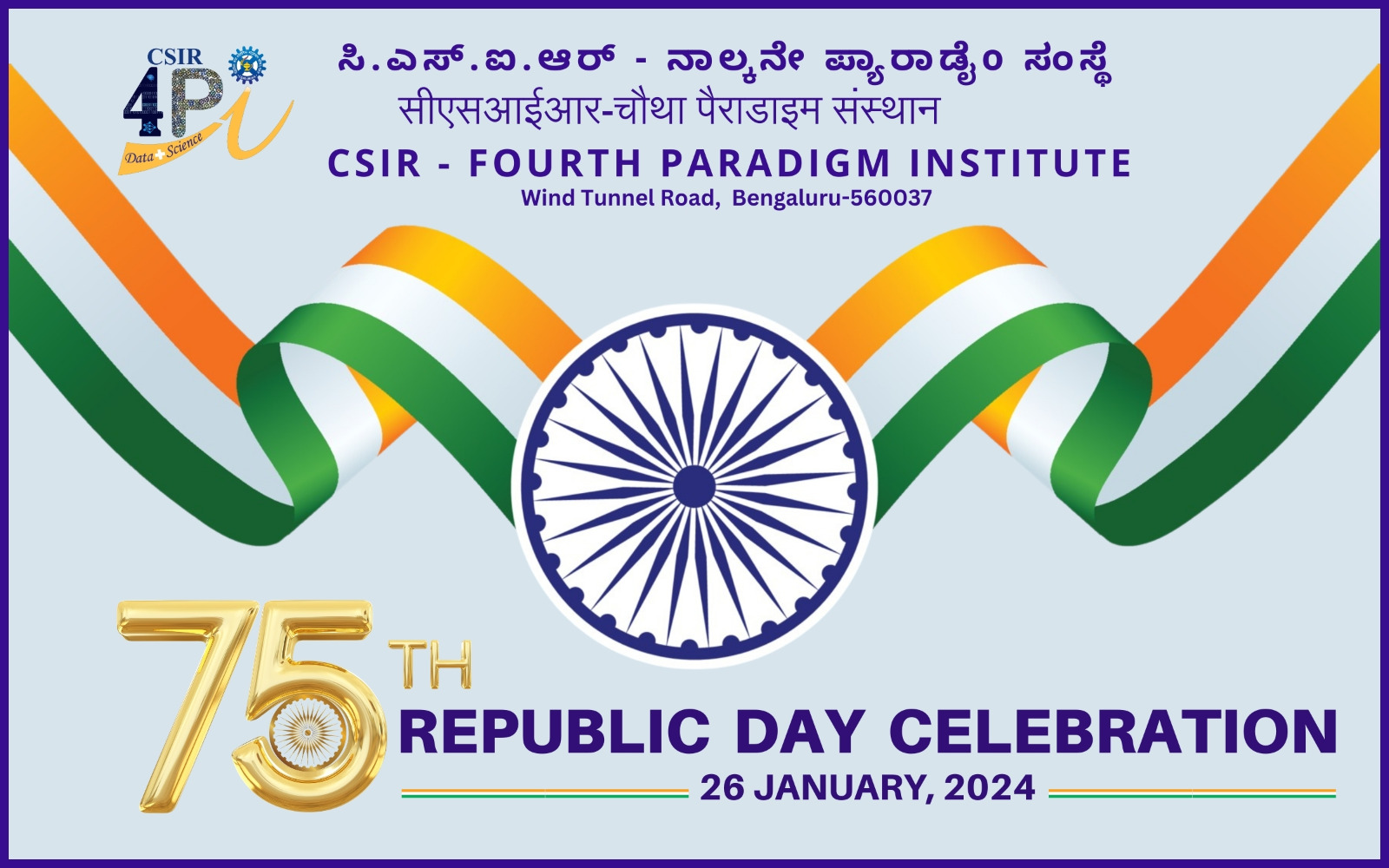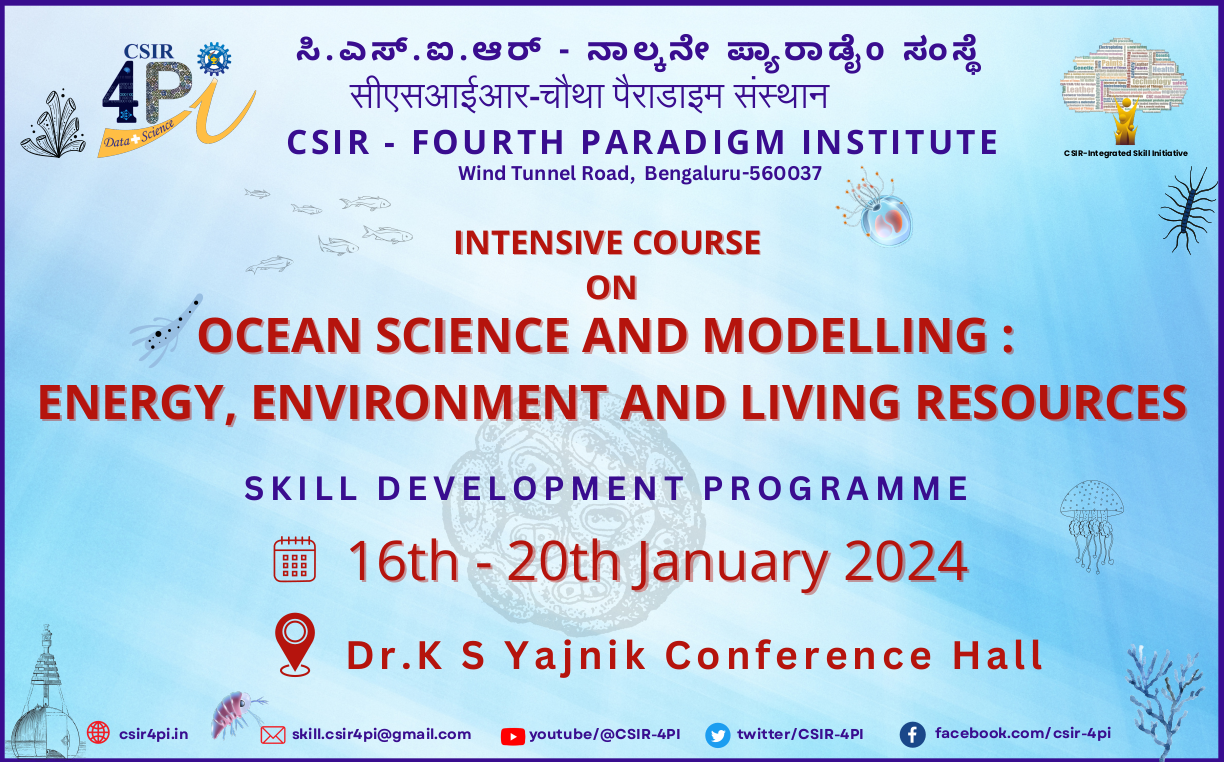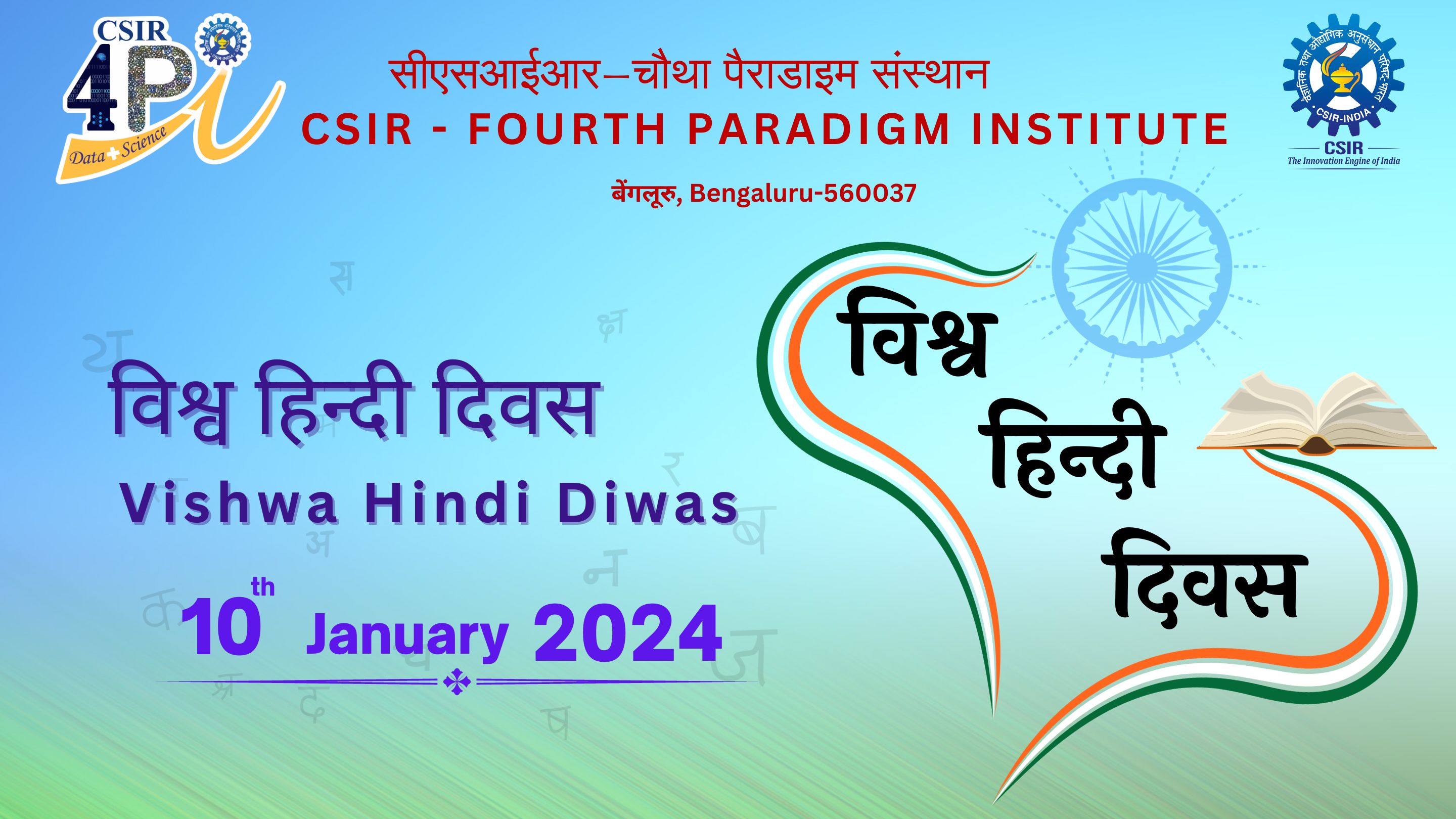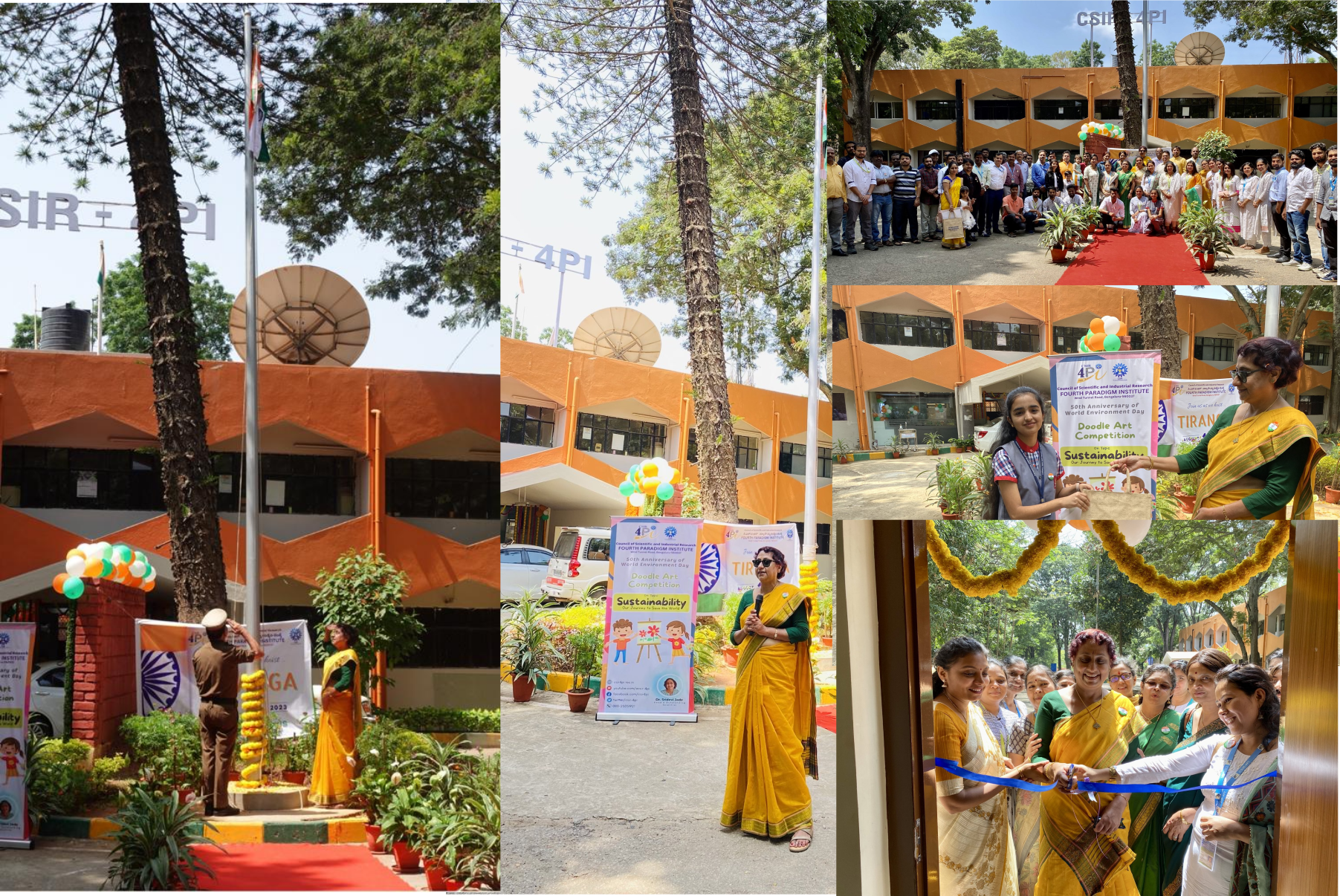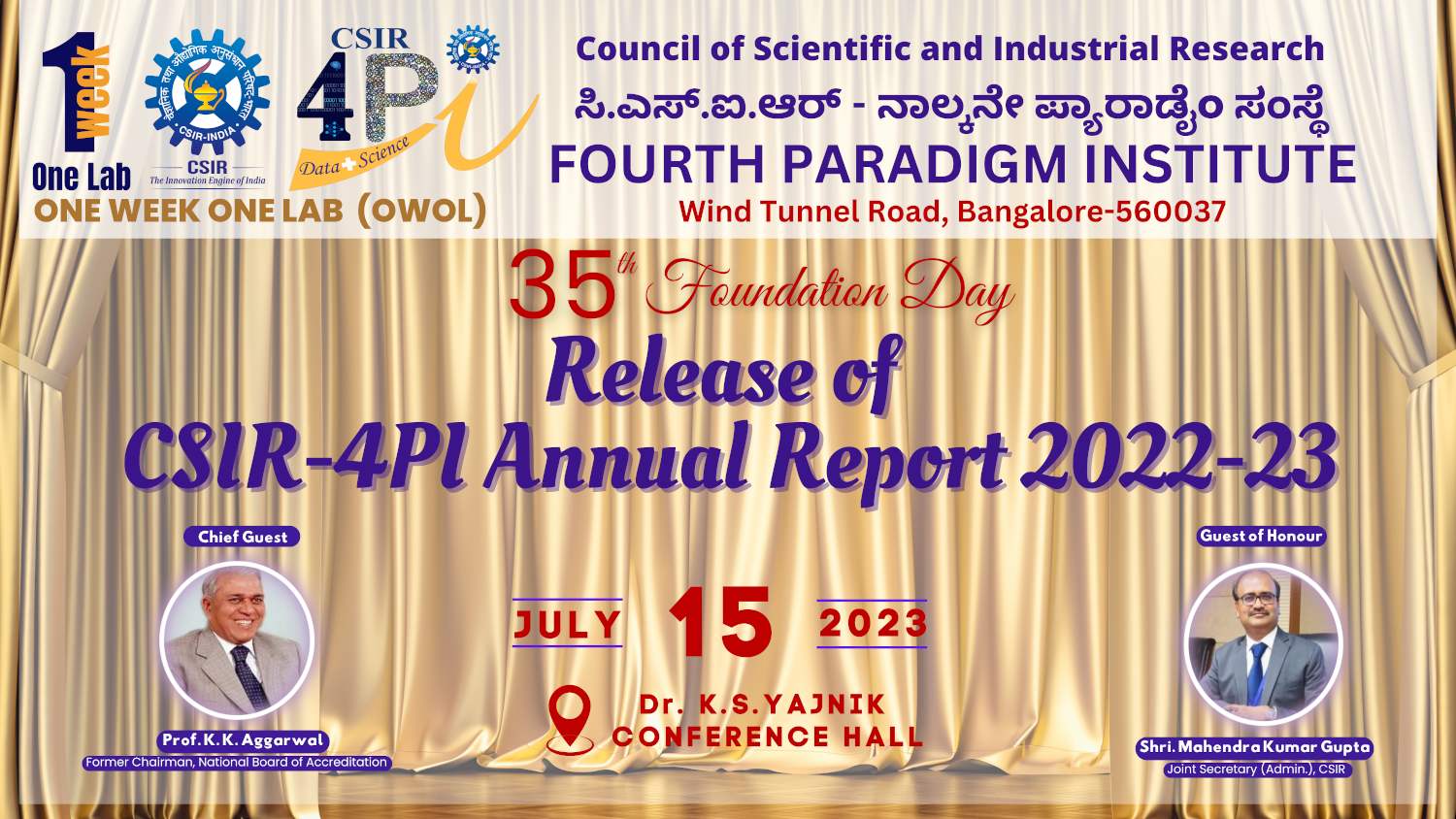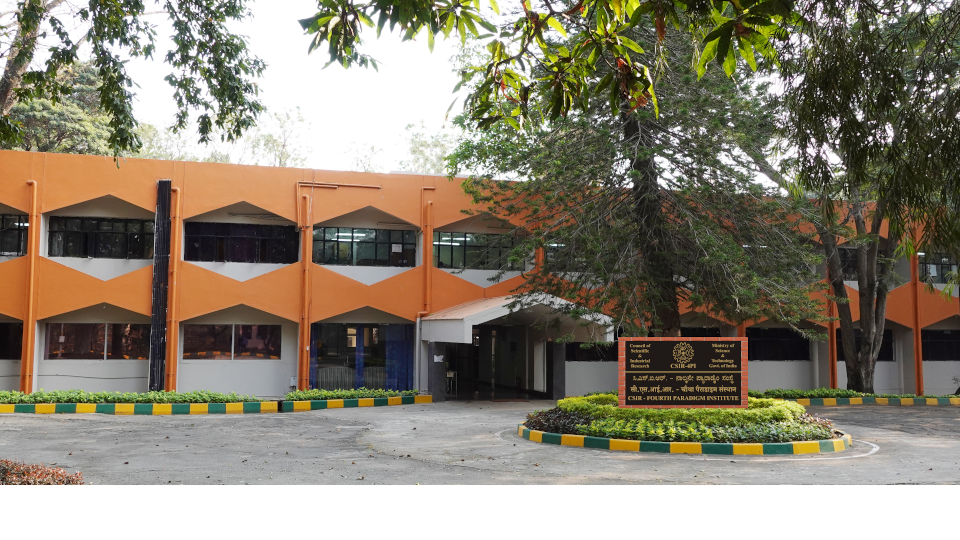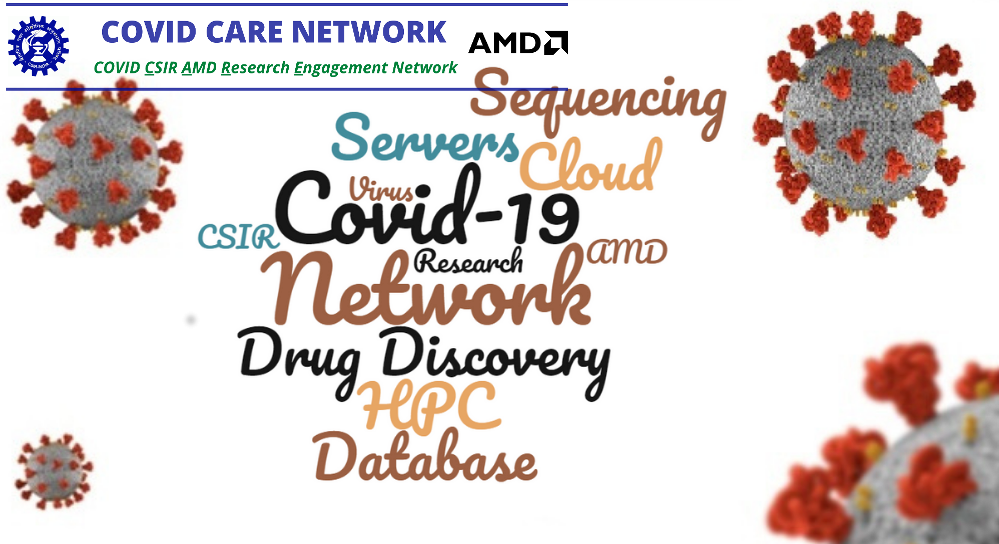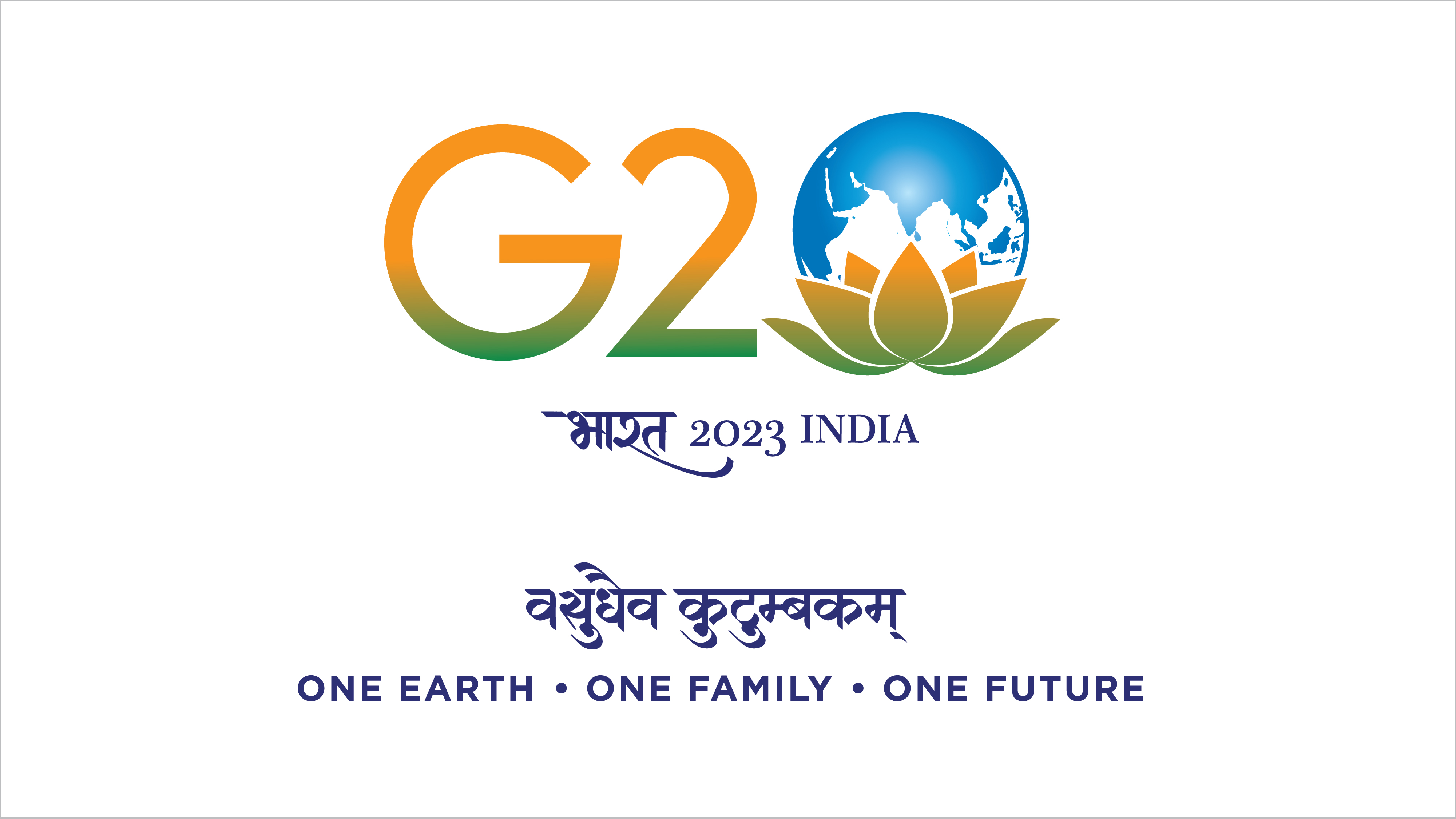by Iranna Gogeri & Krushna Chandra Gouda
The road transport sector in India is a significant contributor to the country’s GHG emissions inventories, so it is essential to develop a comprehensive database of emission inventories to inform the design and implementation of suitable technologies and policies for appropriate mitigation measures. The development of an inventory using all available data can be useful in developing policies and technologies for reduced GHG emissions from the road sector. The paper seeks to develop an inventory of GHG emissions from the India’s road transport sector and analyse the fuel consumptions usage during the recent decade period, i.e. 2011 to 2021. In this study, IPCC guideline Tier-I and Tier-II were adopted for the emission estimation. Country-specific emission factor (EFCS) was developed based on carbon content and corresponding net calorific value (NCV) of country-specific fuel usage. The CO2eq emissions are also measured and compared with the corresponding global warming potentials (GWP). It appears that emissions of CO2 equivalent emission (CO2eq) from multiple greenhouse gases have significantly increased from 2011 to 2021. Estimation based on carbon country-specific emission factor shows nearly 165.09 Mt in 2011, increasing to about 241.20 Mt in 2021. Hence, it has been observed nearly 4.39% of reduction in CO2eq emissions using EFCS in the year 2021. Similar decreasing trends have also been observed for other gases like CH4 and N2O. The development of a comprehensive national GHG inventory for the road transport sector in India is a critical step towards achieving the country’s climate change goals and ensuring a sustainable future for generations to come.
Source: https://doi.org/10.1007/s12647-024-00738-1
